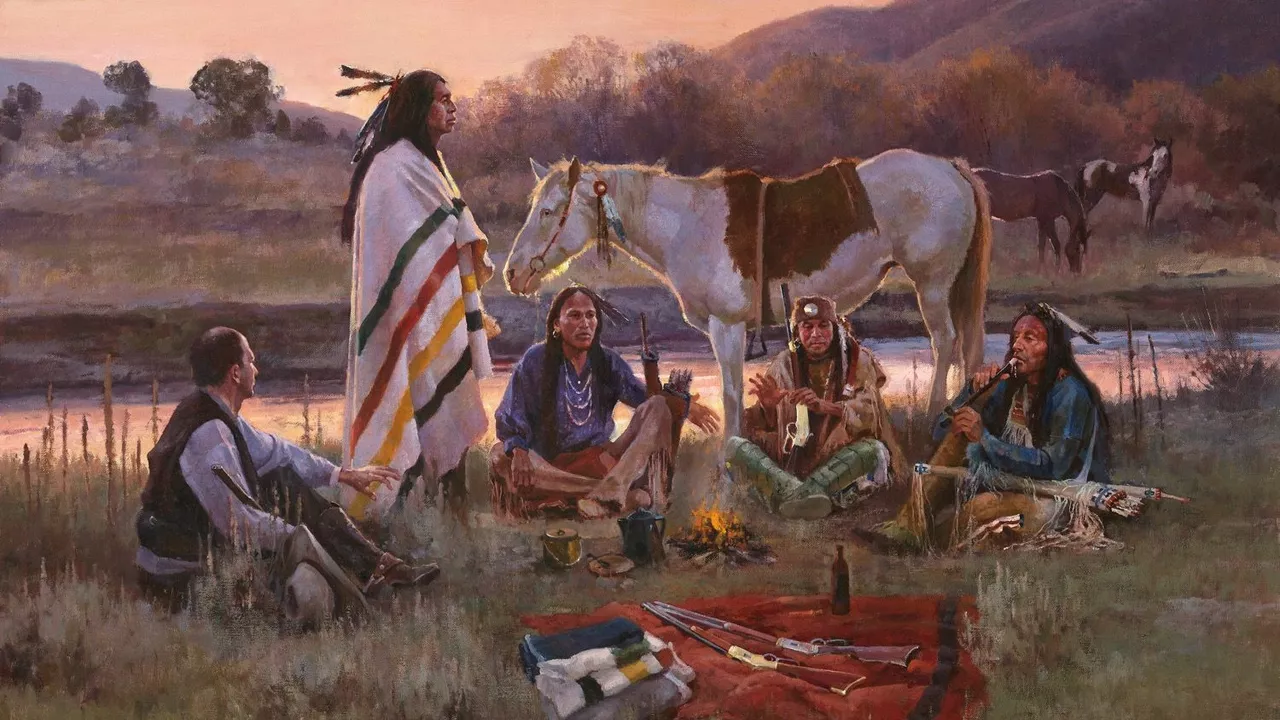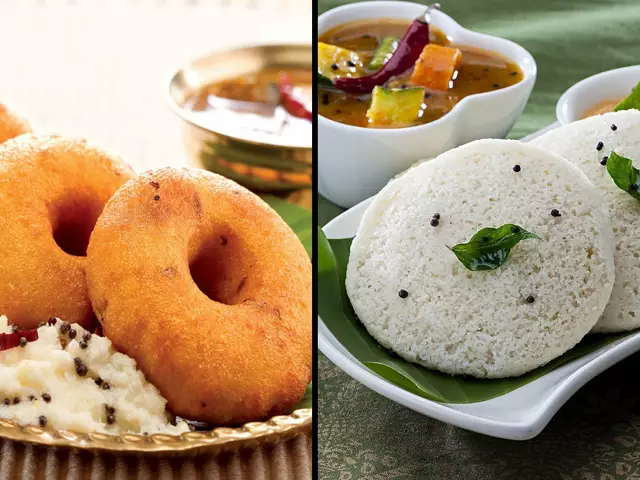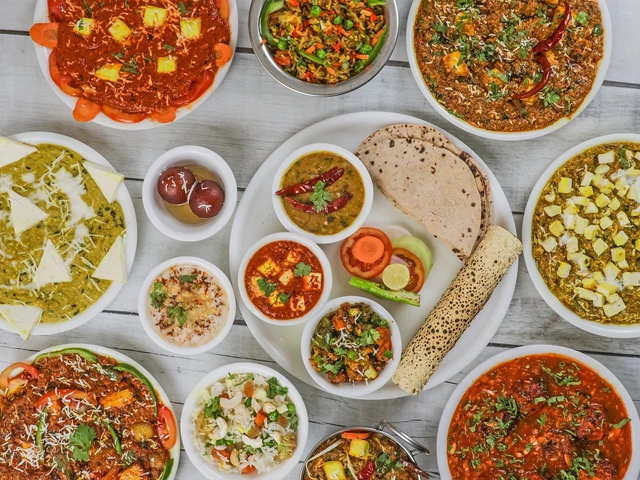Cultural challenges: practical tips for India and abroad
Culture decides what you can eat, who you offend, and where you feel at home. That sounds dramatic, but small things — a question about food, a joke about religion, or even touching a stray cow — can change a moment from friendly to tense. This page collects clear, useful advice so you can steer through those moments without drama.
Start by watching and asking. If you walk into a home or a temple, notice what others do: remove shoes, cover your head sometimes, or avoid certain areas. A quick “Is it okay if I…?” works better than assuming. Most people appreciate the effort more than perfect etiquette.
Food is a huge cultural marker. Many Indians are vegetarian for religious or family reasons. If you’re hosting, offer veggie and non-veggie options and label dishes. If you’re invited to eat, accept what’s offered or politely explain dietary limits — people usually adapt happily when you’re honest and respectful.
Religion and symbols matter. In some places cows are protected and even sacred; touching or harming them can spark anger. Avoid making light of religious figures or festivals. Ask questions instead of making statements — curiosity reads as respect, sarcasm reads as insult.
Alcohol and social habits differ. Drinking is common in some circles and frowned upon in others. Don’t assume everyone drinks or wants to join late-night parties. If you’re unsure, follow the host’s lead or ask beforehand.
Quick dos and don'ts
Do observe before acting: watch how people greet, what they eat, how they dress. Do offer choices rather than insist. Do learn a few local phrases — a simple greeting opens doors faster than a long explanation. Don’t touch personal items without permission. Don’t joke about politics, caste, or religious identity unless you know the group well. Don’t take photos of people without asking — privacy norms vary.
If you live abroad or host Indians
Living abroad brings reverse culture shock and identity questions. Expect mixed feelings — pride in festivals, frustration at being misunderstood. Stay connected with community groups, food, and rituals that matter to you, but also pick up local habits that make daily life smoother.
If you’re hosting Indians, ask about dietary rules and offer space for prayer or quiet time during festivals. If someone asks whether they should go back to India or stay abroad, remind them the choice mixes emotion, family, job, and culture — there’s no one right answer.
Practical habit: when meeting someone new, ask two human questions first — about family or food — before politics or history. That simple move avoids many cultural landmines and builds trust faster than proving you know a fact about the country.
Culture can feel like a minefield, but it’s mostly a set of habits you can learn. Stay curious, ask politely, and be ready to adapt. People notice respect more than perfection.

In exploring the topic of life in Native American reservations, many might describe it as relatively boring due to limited economic opportunities, isolation, and a lack of recreational activities. These communities often struggle with a lack of infrastructure and resources, which can limit the range of available entertainment and employment. Moreover, the isolation and seclusion from urban centers can lead to a sense of monotony. However, it's essential to remember that what may seem "boring" to some can also mean peace and connection to nature and ancestry for others. It's a complex issue that goes beyond the realm of mere entertainment.
Continue Reading





